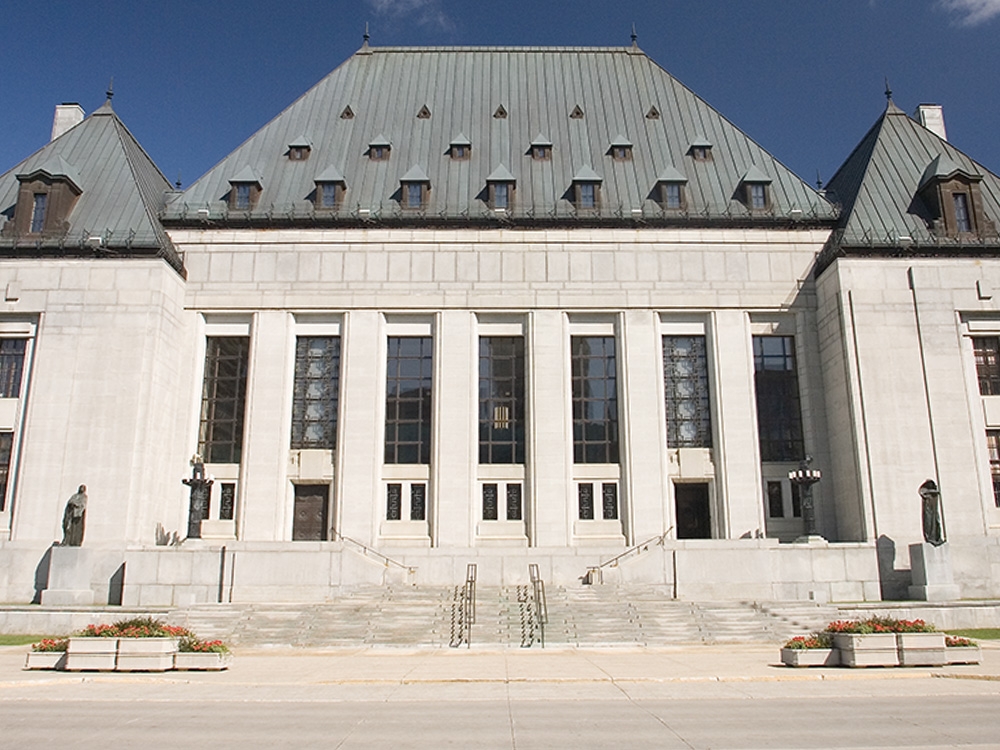A chilling wave of concern is sweeping through Nova Scotia’s legal circles following a recent Supreme Court decision. The court struck down mandatory minimum sentences for possessing or accessing child pornography, a ruling that has ignited a fierce debate about justice and the protection of vulnerable children.
The 5-4 decision centers on the argument that a one-year minimum sentence violates the Charter of Rights and Freedoms. Critics fear this opens the door to significantly lighter punishments, potentially failing to reflect the profound and lasting damage inflicted by this horrific crime.
Nova Scotia’s Justice Minister, Scott Armstrong, voiced “grave concerns” in a powerful statement. As a former school principal, he has witnessed firsthand the devastating consequences of child sexual exploitation, a trauma that leaves indelible scars on young lives.

Armstrong isn’t remaining silent. He intends to directly communicate the province’s anxieties to his federal counterpart, Justice Minister Sean Fraser, and implore the federal government to address this critical issue with immediate action.
The backlash isn’t limited to Nova Scotia. Conservative leaders across the country, including Ontario’s Doug Ford and Alberta’s Danielle Smith, have vehemently opposed the ruling. The federal Opposition leader has even suggested invoking the notwithstanding clause to reinstate the original minimum sentence.
The core of the disagreement lies in the fundamental question of proportionality. Will the penalties now available adequately deter this heinous crime and deliver justice for its young victims? This question hangs heavy as the debate intensifies and the future of child pornography sentencing remains uncertain.





